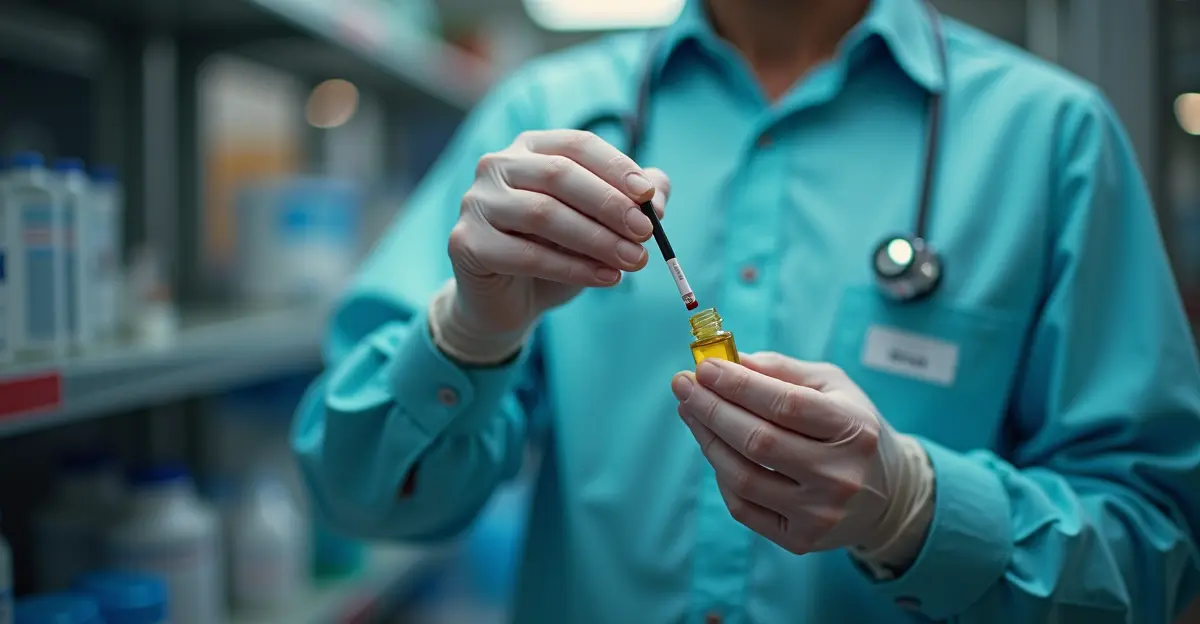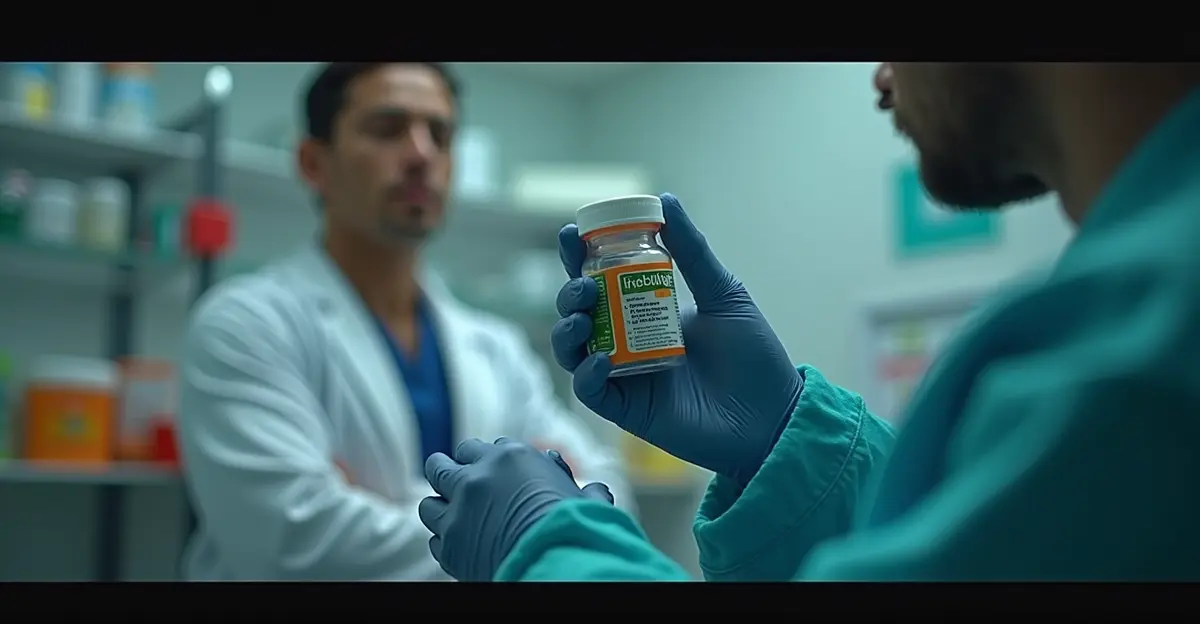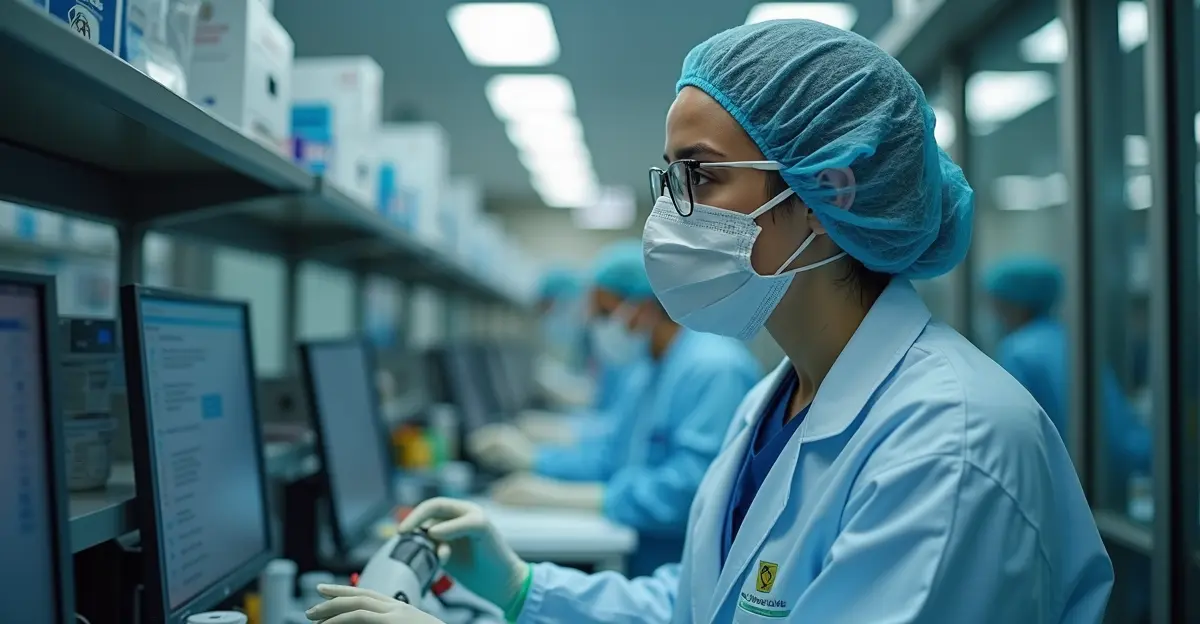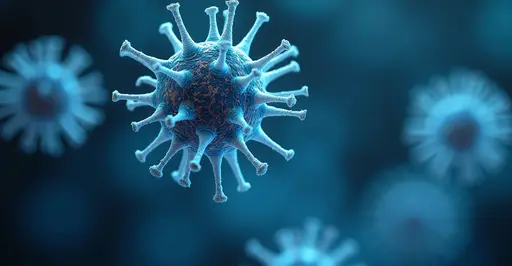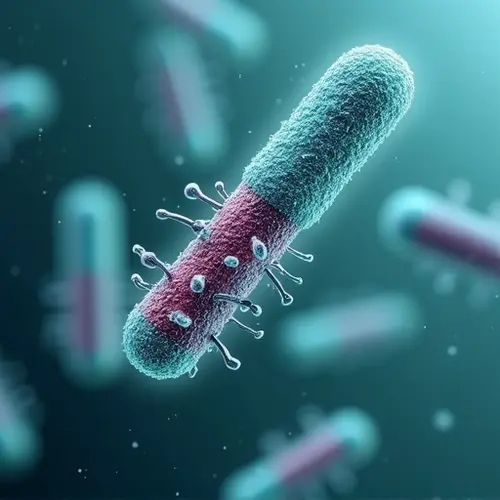Global health leaders launch $50M antibiotic initiative at 2025 summit as WHO reports 1 in 6 infections now resistant. New funding models aim to combat AMR crisis threatening to reverse medical progress.
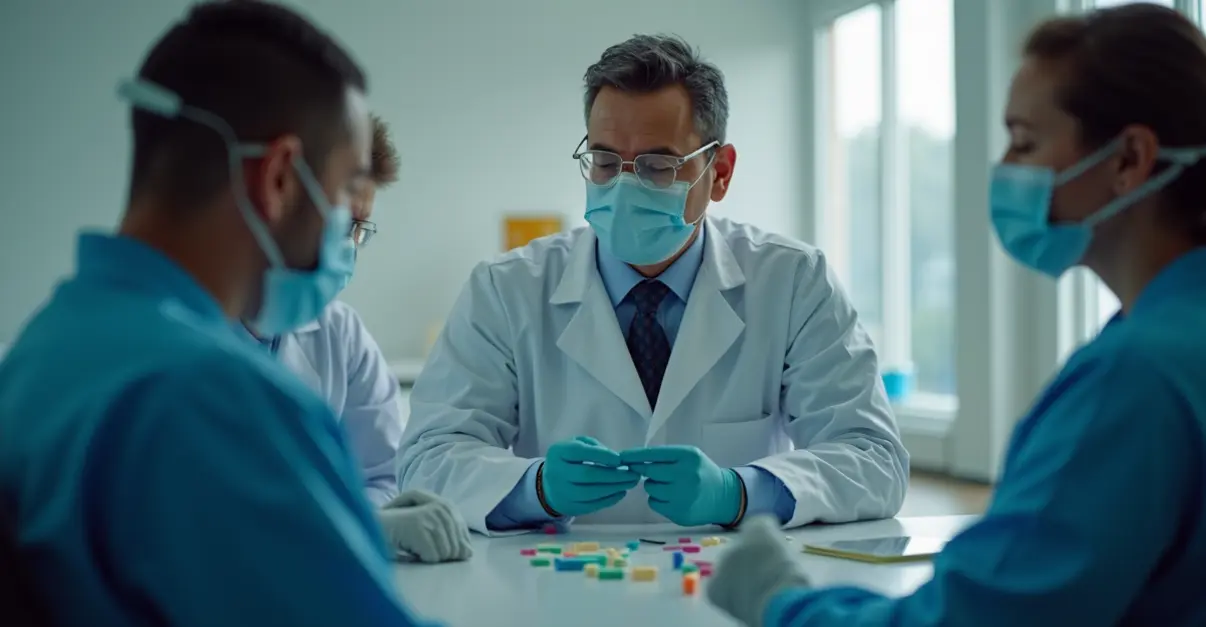
World Leaders Unite to Fund New Antibiotic Development
Global health leaders gathered at the 2025 World Health Summit to address the escalating crisis of antimicrobial resistance (AMR), launching major funding initiatives to revive the stagnant antibiotic development pipeline. The summit comes as WHO data reveals alarming trends, with one in six bacterial infections worldwide now showing resistance to antibiotic treatments.
Urgent Call to Action
The World Health Organization's 2025 report paints a grim picture of the global AMR situation. Between 2018 and 2023, resistance increased in over 40% of monitored pathogen-antibiotic combinations, with annual increases of 5-15%. 'We are facing the real possibility of returning to the pre-penicillin era,' warned Dame Sally Davies, UK AMR Special Envoy, during the summit. 'Antibiotics should be treated as critical infrastructure, not just another pharmaceutical product.'
The highest resistance rates are concentrated in South-East Asian and Eastern Mediterranean regions, where one in three infections show resistance, and Africa, where one in five infections are resistant. Gram-negative bacteria like E. coli and K. pneumoniae pose the greatest threat, with over 40% of E. coli and 55% of K. pneumoniae resistant to first-choice treatments.
Major Funding Initiatives Announced
The Gates Foundation, Novo Nordisk Foundation, and Wellcome have launched the Gram-Negative Antibiotic Discovery Innovator (Gr-ADI), a $50 million initiative that marks the first investment of their $300 million global health partnership. 'This consortium represents a new approach to antibiotic development,' explained a Gates Foundation spokesperson. 'We're focusing on Enterobacteriaceae, a family of Gram-negative bacteria that are critical priority pathogens disproportionately affecting low- and middle-income countries.'
The initiative will use an unconventional collaborative model with data sharing among researchers, leveraging the Gates Foundation's Grand Challenges platform. The call for proposals closes on March 25, 2025, with particular encouragement for researchers from countries where AMR poses serious threats.
Global Response and Challenges
Despite these positive developments, the global AMR response faces severe challenges due to a global health financing crisis. The United States has withdrawn funding from WHO, cancelled 83% of USAID programs, and frozen foreign aid, causing devastating impacts across global health programs. 'These cuts occur alongside reductions from other major donors including Belgium, Netherlands, France, and the UK,' noted a representative from the REACT Group. 'AMR-specific programming in conflict zones like South Sudan and Sudan faces termination, along with animal health programs that reduced antimicrobial use.'
The CDC continues its comprehensive approach to AMR, having funded over 800 innovation projects with nearly $650 million since 2016, collaborating with 200+ institutions. Their Antimicrobial Resistance Investment Map showcases fiscal year 2024 extramural funding activities across all 50 states, territories, and local health departments.
Innovative Funding Models
The summit highlighted several innovative funding approaches. The UK presented its "Netflix" subscription model offering up to £23.7 million annually for breakthrough innovations. Germany supports Transferable Exclusivity Vouchers (TEVs) in the EU pharma package and has implemented national measures including preferential treatment in benefit assessments and free pricing for reserve antibiotics since 2023.
'We need international cooperation and investment from universal owners like pension funds to address this global health crisis,' emphasized a German Network Against Antimicrobial Resistance representative. 'The security policy dimension of AMR cannot be ignored, especially with increased resistance in Germany due to the war in Ukraine.'
Looking Forward
The World Economic Forum emphasizes that inaction on AMR could cost healthcare systems $1 trillion annually and $3.4 trillion in GDP losses by 2050. Currently, only 35% of national action plans have comprehensive strategies on antibiotic access and use. Strengthening financing for these plans and improving data infrastructure are essential for achieving the UN's goal of reducing AMR-related deaths by 10% by 2030.
As the summit concluded, health ministers from participating nations committed to increased surveillance, responsible antibiotic use, and continued investment in the antibiotic development pipeline. The success of these initiatives will determine whether humanity can maintain its hard-won victories against infectious diseases or face a future where common infections once again become deadly threats.

 Nederlands
Nederlands
 English
English
 Deutsch
Deutsch
 Français
Français
 Español
Español
 Português
Português




